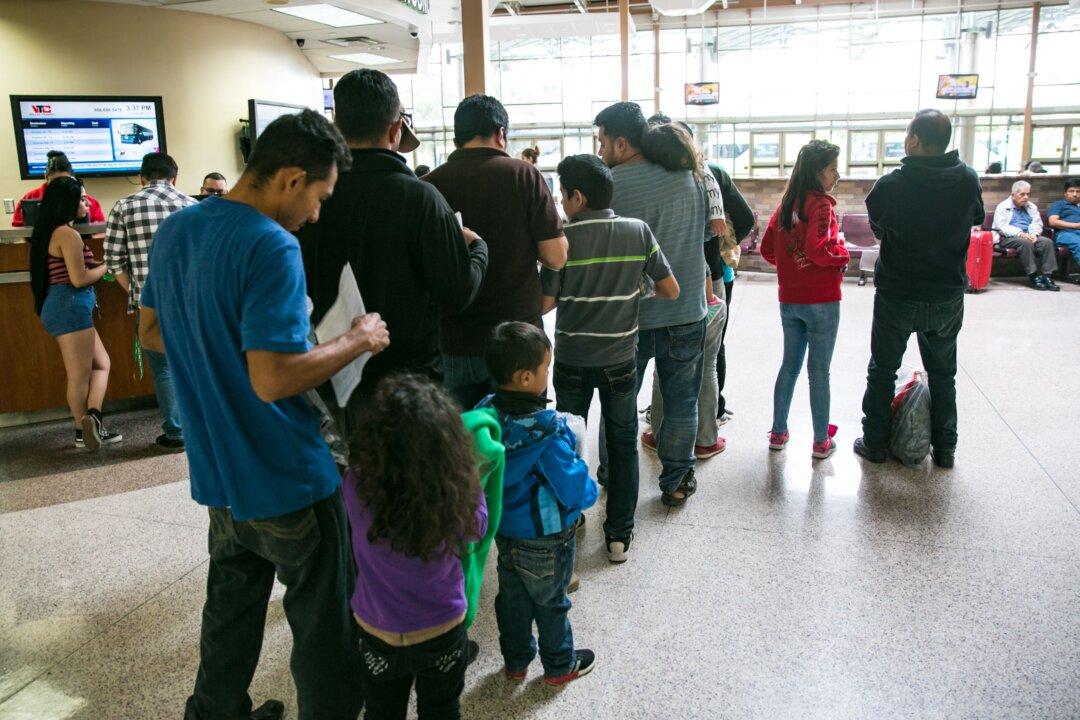The White House has condemned a decision by a federal judge to put on hold a new Trump administration rule that denies asylum to people who pass through countries where they could apply for asylum on their way to the United States.
“The tyranny of a dysfunctional system that permits plaintiffs to forum shop in order to find a single district judge who will purport to dictate immigration policy to the entire Nation ... must come to an end,” White House press secretary Stephanie Grisham said in a July 25 statement.





